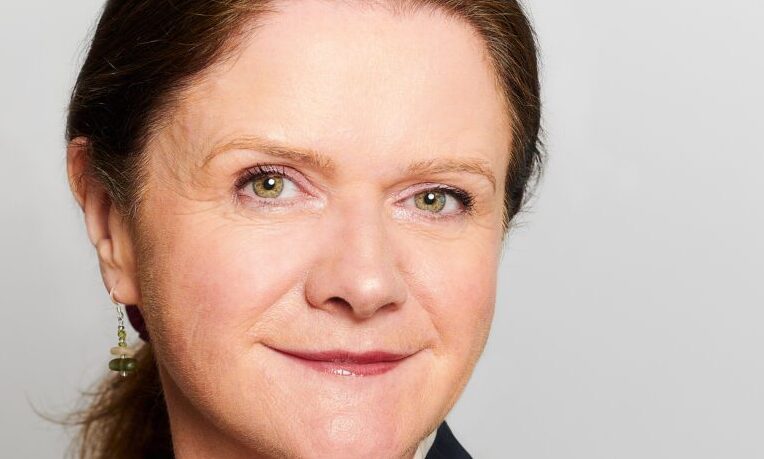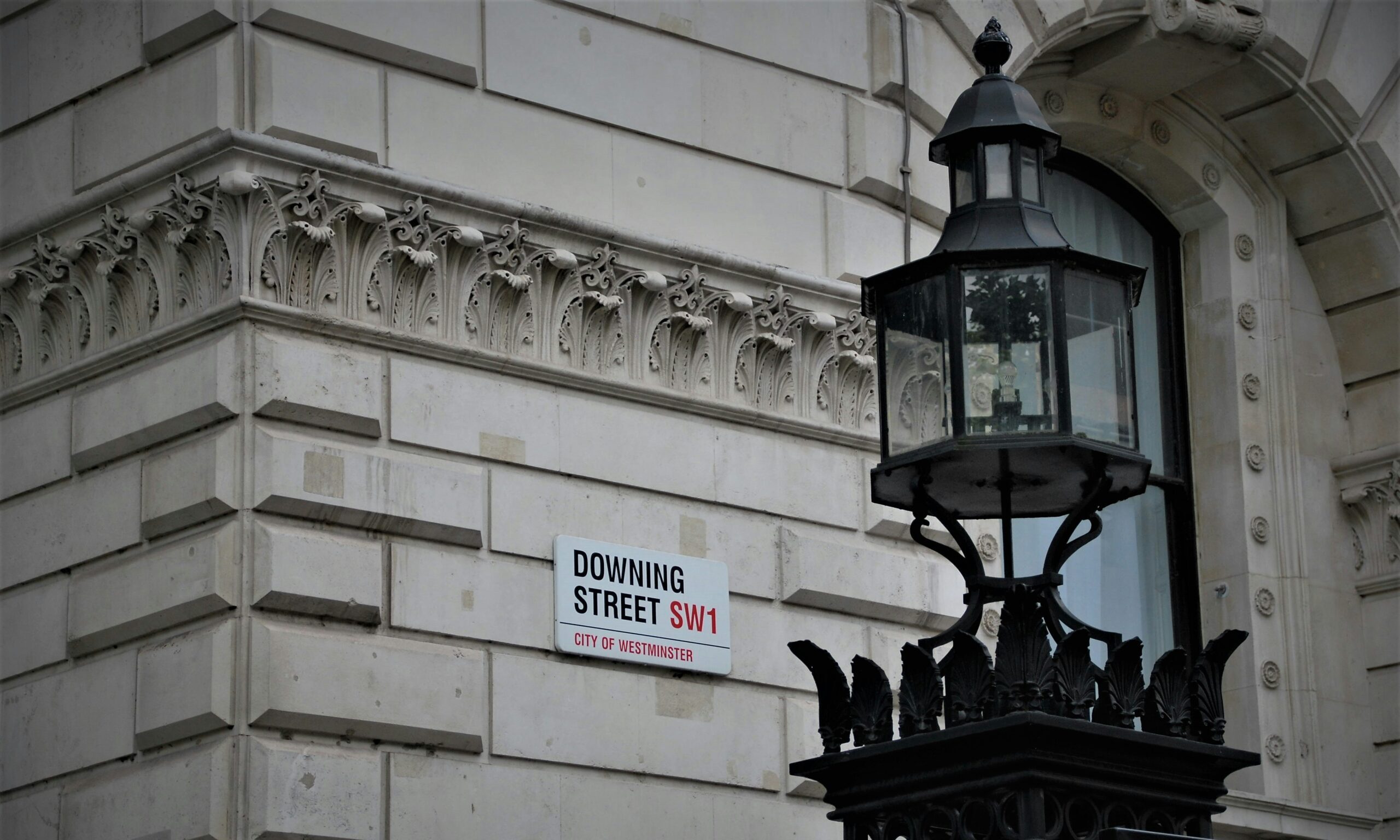Register to get 2 free articles
Reveal the article below by registering for our email newsletter.
Want unlimited access? View Plans
Already have an account? Sign in
Hospitality businesses face about £1.4bn in additional wage costs from April 2026 following new increases to statutory pay rates, according to industry body UKHospitality.
The organisation said the rises make full business rates reform “critical” for the sector ahead of today’s Budget announcement.
It comes as the government confirmed that the National Living Wage will rise to £12.71 from April 2026, up by 4.1%. The rate for those aged 18 to 20 will increase to £10.85, an 8.5% rise.
According to UKH, the higher-than-expected uplift for younger workers risked adding pressure to youth employment, days after official data showed almost one million young people not in employment, education or training.
The trade body has urged the chancellor to introduce “significant” business rates changes, including the maximum possible discount for eligible properties with rateable values below £500k and no surcharge for those above the threshold.
Kate Nicholls, chair of UKH, said: “Increases to minimum wage rates are yet another cost for hospitality businesses to balance, at a time when they are already being taxed out. These additional costs make action at the Budget to reduce hospitality’s tax burden even more important, especially if businesses are expected to sustain this level of annual wage increase.
“Hospitality businesses have reached their limit of absorbing seemingly endless additional costs. They will simply all be passed through to the consumer, ultimately fuelling inflation. We need to see the maximum possible business rates discount for all eligible hospitality properties and no hospitality venue hit by the surcharge.”
She added: “When there are almost a million young people not in employment, education or training, this will put further pressure on already fragile youth employment rates.”
The trade body argues that hospitality remains well placed to offer entry-level roles and training to young people, and has urged ministers to recognise the sector’s role in addressing youth unemployment as part of wider tax and labour market decisions.




















